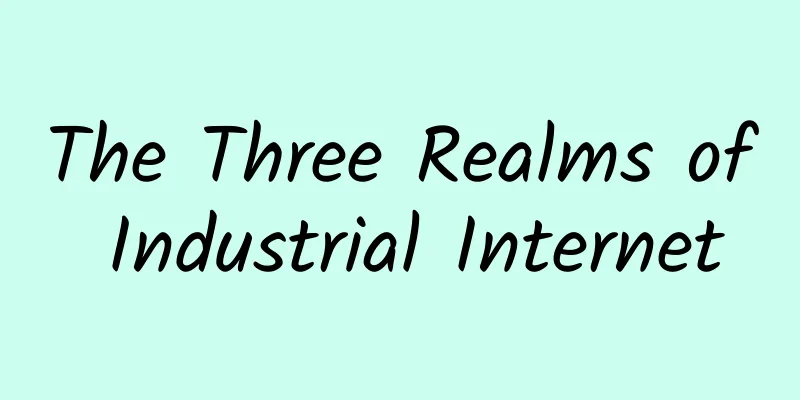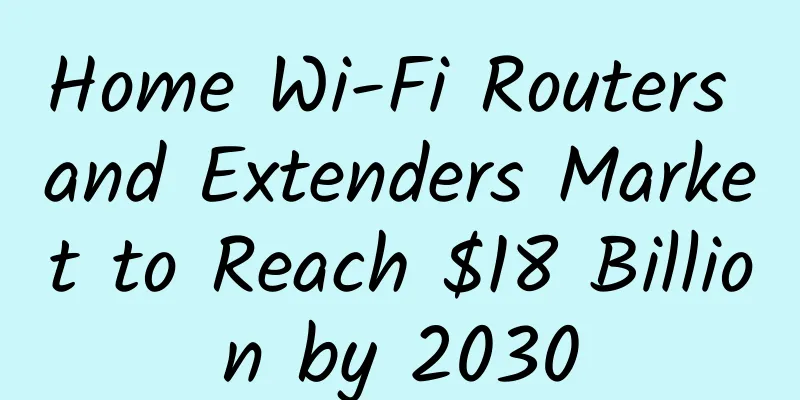The operators’ new tiered packages, aren’t they still “the same bowl of soup”?

|
In the past, mobile phone users would go out like this: "Excuse me, what's the WiFi password here?" Many mobile phone users today are like this: "Don't connect to the WiFi here, it's slow and unsafe, use your data plan!" Gradually, users with monthly packages that include 10G or dozens of GB of data traffic have quietly become popular, which is also a market stimulus brought by the continuous discount of package prices. At a time when data traffic is getting cheaper and cheaper, the industry is looking forward to operators coming up with new ideas in service and business innovation. However, the new billing model "tiered pricing" recently launched by China Mobile seems to have brought operator charging into the "fancy selling of traffic" model. According to the operator, the new package costs 18 yuan per month and includes 80 minutes of nationwide outgoing calls, caller ID, and free nationwide outgoing calls. Domestic traffic outside the package is charged at a unit price, divided into four segments based on the user's monthly usage, with the highest price being 5 yuan per GB. It will be tested first in Beijing, Shanghai, Anhui, Jiangxi, Henan, Hubei, and Shaanxi. What are the users’ reactions to the new data billing system that seems to be prepared for the 5G era? Operators have been reducing fees, but users have been complaining that it is too expensive. In the four years from 2014 to 2017, the average traffic charges of the three major operators were 134.7 yuan/GB, 78.1 yuan/GB, 47.88 yuan/GB, and 26 yuan/GB, respectively, showing a significant downward trend year by year. The average decline in the past three years has been at the level of 40%. With the craze of "unlimited data", the three major operators have tried their best, and the price war of charges has intensified. But why has the repeated reduction of charges been controversial? The embarrassment of increasing volume without increasing revenue As early as the second half of 2016, the mobile Internet traffic contribution of the three major operators exceeded that of traditional services. However, under the trend of rapid growth of traffic demand, the ARPU value of operators' users has not increased significantly, and has been declining. Statistics from the Ministry of Industry and Information Technology show that as of the first half of the year, China Mobile's ARPU value was 58.1 yuan, a year-on-year decrease of 6.6% (62.2 yuan in the same period last year). The ARPU value of 4G users was 64.4 yuan, a year-on-year decrease of 9.6% (71.2 yuan in the same period last year). From a longer-term perspective, seemingly cheap traffic packages can attract more users and shift consumption habits from pictures and texts to videos, live broadcasts, and mobile games. But in fact, every new move to circumvent fees seems to reflect from the side the public opinion of the operator's senior management: "The value of the basic telecommunications industry is like a bowl of soup, a bowl of soup, which clinks when you turn it over, and clinks when you turn it over again. It's still the same bowl of soup, but every time you pour it over, the value of the industry decreases." So, how do international operators deal with traffic? Communications World has previously reported that AT&T, the most adventurous international operator, has made drastic reforms in video services. By acquiring DirecTV and Time Warner, it has changed its "pipeline" role and become an exporter of media content. The acquisition of Time Warner can be said to be a benchmark event for operators to enter media services. High-quality high-definition film and television content resources have prompted AT&T to obtain an increasing proportion of its total revenue from television and media services. Among Japanese and Korean operators, KDDI has previously launched "au Life Design" based on au accounts and au wallets, promoting the rapid development of mobile phones, landlines, food, daily necessities, electricity, insurance, housing mortgages and other businesses, and is transforming itself into a "life design company." Looking back at the online and offline resources of domestic operators, it can be said that they are very rich. In fact, domestic operators have already made arrangements in more businesses such as television, reading, music, and games, hoping to strengthen their control over traffic content. However, as of now, in the fields of video, games, and music, several well-known giants still occupy the main market, and the influence of operators is almost weak. AT&T, which is far ahead, can already open up new business opportunities based on understanding customers' demand for content and achieve profitability in advertising, electronic payment, location services and other businesses. How to make full use of your own resources? I am afraid you have to get out of the "bowl of soup" as soon as possible. |
<<: AI brings innovative value, Huawei says it is time for AI to enter data center infrastructure
>>: Header comparison between IPV4 and IPV6
Recommend
Is your business Wi-Fi fast enough?
Whether you are trying to troubleshoot a problem,...
Five ways to ensure your applications are cyber resilient
The massive shift to remote work caused by the CO...
There is no problem in reaching 56% 5G penetration rate in the 14th Five-Year Plan
Zhang Yunyong, member of the National Committee o...
Let's talk about viewing ServiceEntry injection information in Envoy
[[431019]] introduction Istio provides ServiceEnt...
GSA report: 63 operators around the world have launched commercial 5G services
The latest global 5G network development report f...
Research on 5G promoting industrial information transformation and upgrading
Three years after 5G was put into commercial use,...
Connectivity trends: All roads lead to Wi-Fi in 2023 and beyond, says Wi-Fi Alliance
Despite turbulent times, Wi-Fi has had a stellar ...
OLED Pearl Screen + Screen Fingerprint Unlock Huawei Enjoy 10S: Redefining the Standard of 1,000 Yuan Phones
In most people's impressions, when talking ab...
[Black Friday] iWebFusion Los Angeles Server Big Discount, Starting at $35 E3-1230v6, 16G Memory, 2TB Hard Drive
iWebFusion is the iWFHosting that the tribe has s...
KVMLA: Singapore/Tokyo CN2+Softbank VPS 20% off, dedicated server 15% off, top up 500 and get 100
KVMLA is a Chinese hosting company founded in 201...
Satellite communication networks will also need to be accelerated in the 5G era
Although it will take several years for 5G to be ...
The three major operators simultaneously announced the new layout of Wi-Fi 6 and entered the "three-gigabit era" in 2020
Recently, the three major operators have made cor...
Edge computing is the driving force for enterprise IT transformation in the next decade
According to forecasts, the number of 5G subscrib...
H3C Launches Telecom-Grade Cloud Platform at MWC Shanghai
On June 28, H3C Group made its debut at the Asian...
Network Engineer vs. Network Administrator: What's the Difference?
Network engineers and network administrators are ...









